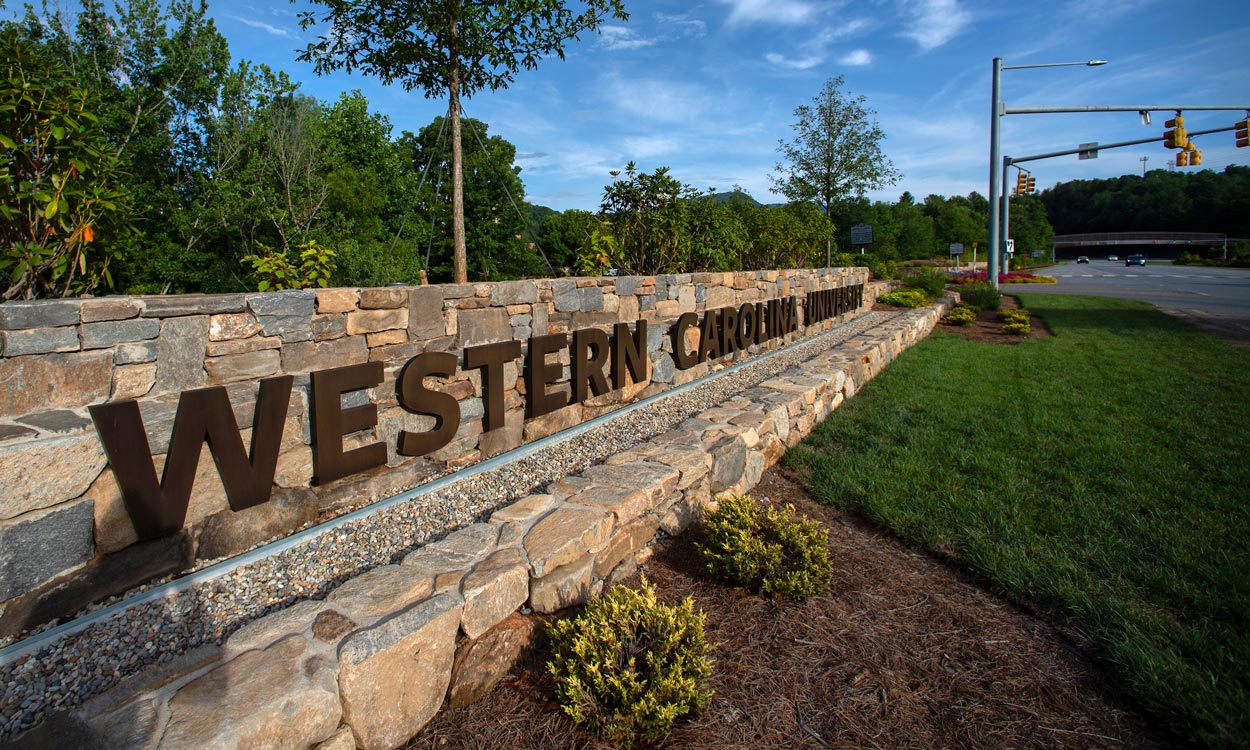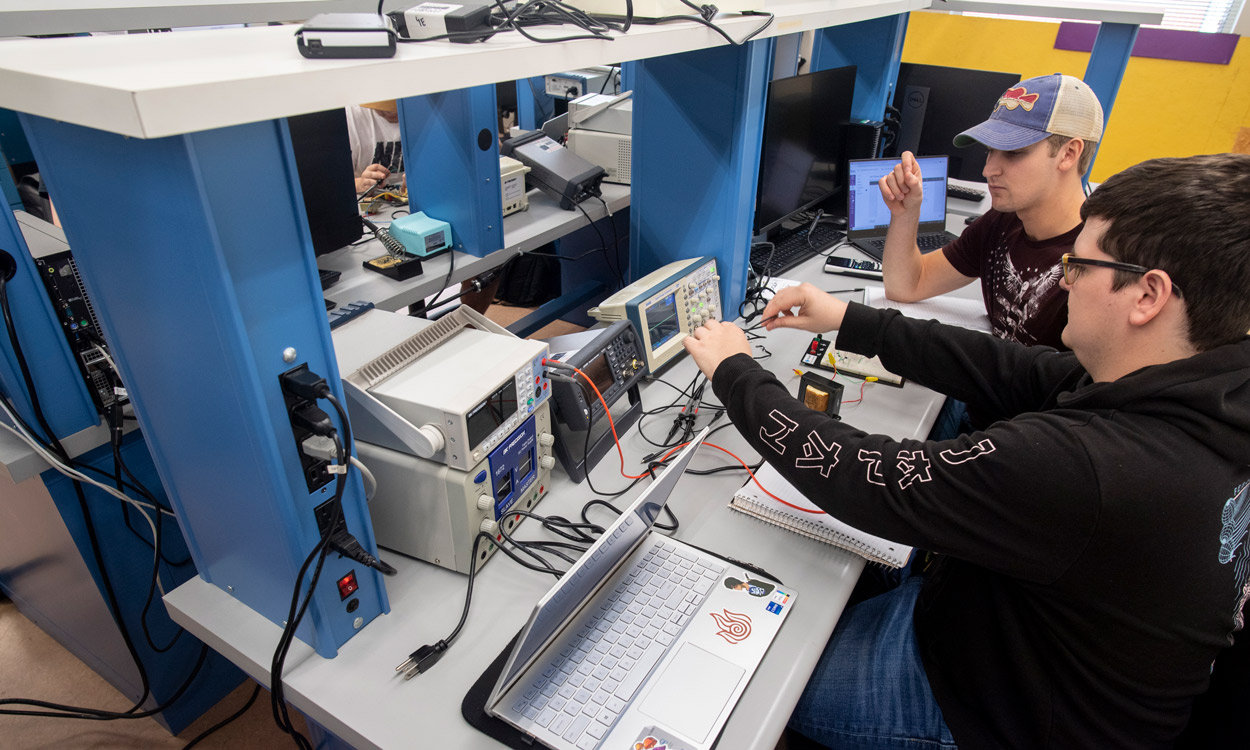WCU and Cherokee County Schools join national network to strengthen new teacher efficacy

By Julia Duvall
On Thursday, April 25, Western Carolina University announced its participation in the third cohort of the Learning by Scientific Design Network.
This national network is facilitated by Deans for Impact and prepares new and aspiring teachers with the scientifically informed instructional knowledge and skills to engage all students in ambitious, grade-level learning.
“We are excited to join this collaborative network and get to work exploring evidence-based instructional support that deepens learning for K-12 students,” said Kim Winter, dean of WCU’s College of Education and Allied Professions. “While there are more ways than ever before to become a teacher, all pathways must focus on the mission – every child deserves a well-prepared teacher. We must prioritize instructional quality to better support the preparedness and retention of novice teachers and reduce inequities that harm students.”
Comprehensive preparation plays a critical role in new teacher readiness and success, which makes them 2-3 times more likely to stay in the classroom. When educator-preparation programs and school districts work together to enact a continuum of evidence-based instructional support for new and aspiring teachers, these efforts can lead to a stronger teacher workforce and improved student achievement.
The Learning by Scientific Design Network seeks to strengthen aspiring teachers’ instructional skills by grounding their practice in a scientific understanding of how students learn. First launched in 2019, the network has so far served 10 EPPs across nine states, preparing 6,400 teacher-candidates annually. These efforts have led to significant gains in aspiring teachers’ knowledge and abilities to make evidence-based, equitable instructional decisions with students.
WCU is one of four institutions in the cohort which will continue the focus on comprehensive support in evidence-based instruction and also bridge it with the important role school districts play in supporting new teachers.
Over the course of a three-year cohort experience, EPPs and district partners will co-create a shared vision of equitable teaching practice, build common language in the way they prepare and support novice teachers, and learn, enact, and support scientifically-informed teaching practices.
Together, the EPPs prepare more than 2,000 teacher-candidates annually, of whom 33% identify as people of color, and the schools reach more than 16,000 PK-12 students. The EPPs and districts serve a broad and diverse range of rural, urban and suburban communities.
Deans for Impact is a national nonprofit organization committed to ensuring that every child is taught by a well-prepared teacher. DFI supports educator-preparation programs to bring the science of learning into teaching practice; partners with policymakers to ensure pathways into teaching are accessible, practice-based and focused on instruction; and equips leaders with the tools to address today’s most pressing challenges in educator preparation.
Guided by principles of learning science, DFI aims to help aspiring and early-career teachers create rigorous and inclusive classrooms where all children thrive.

